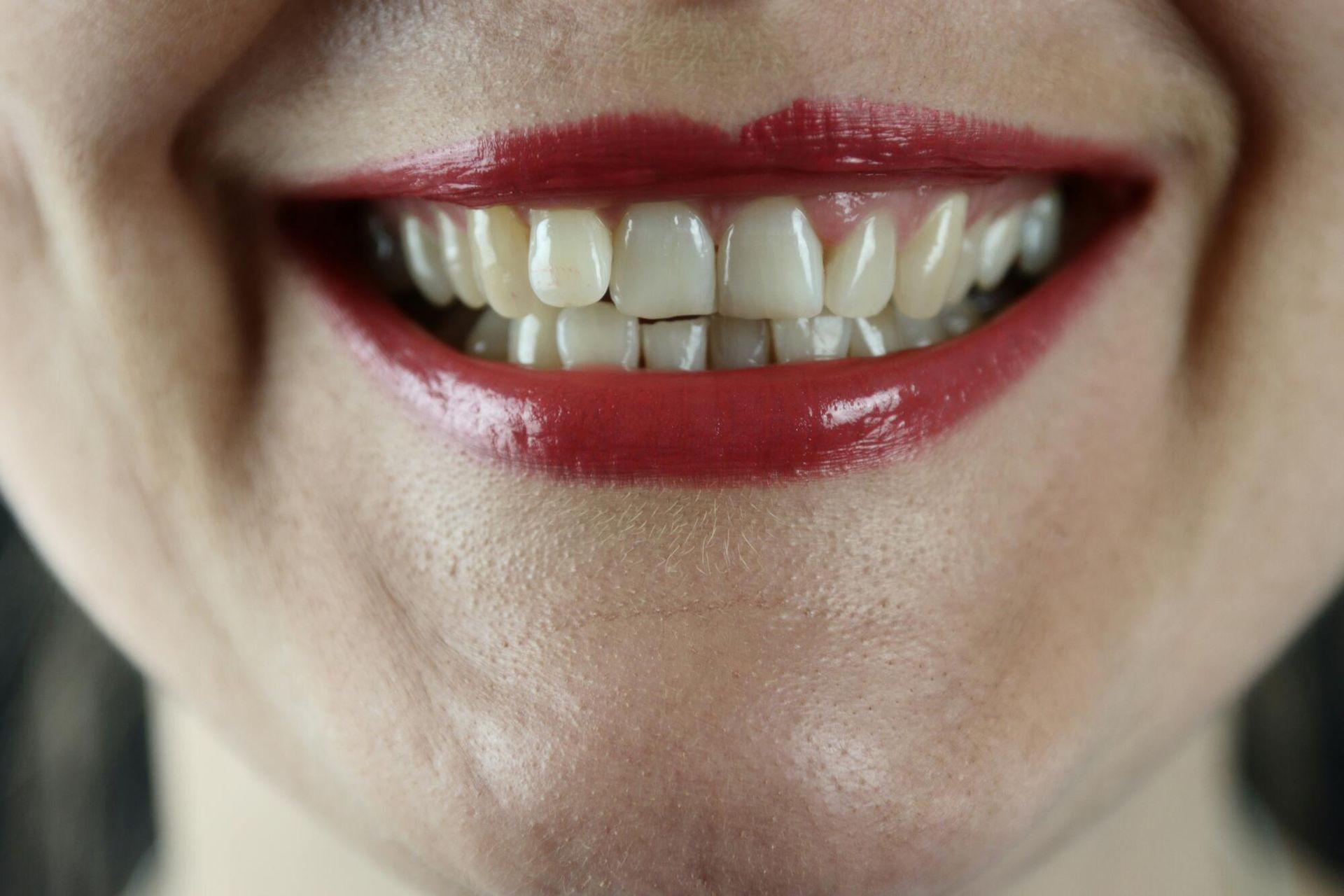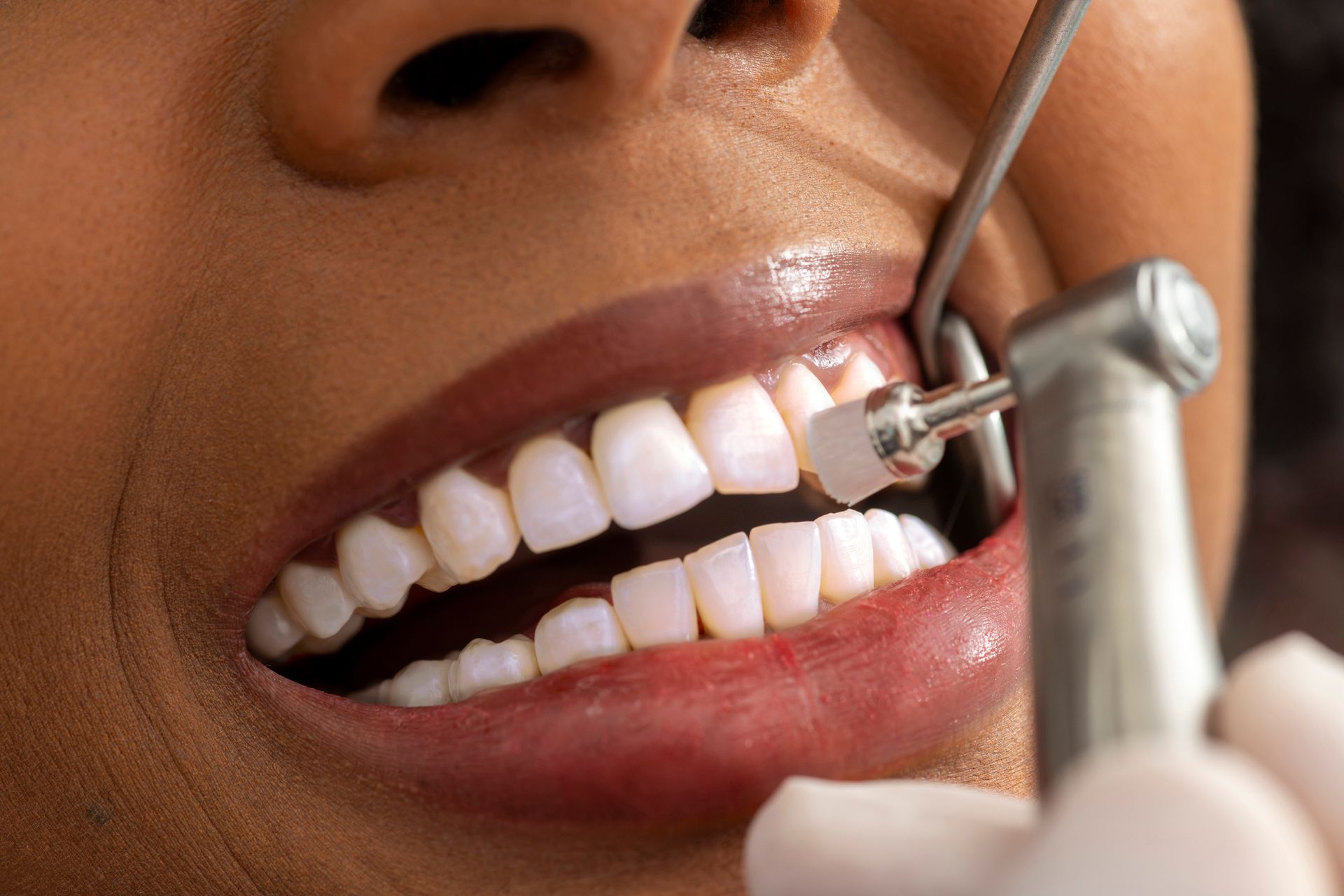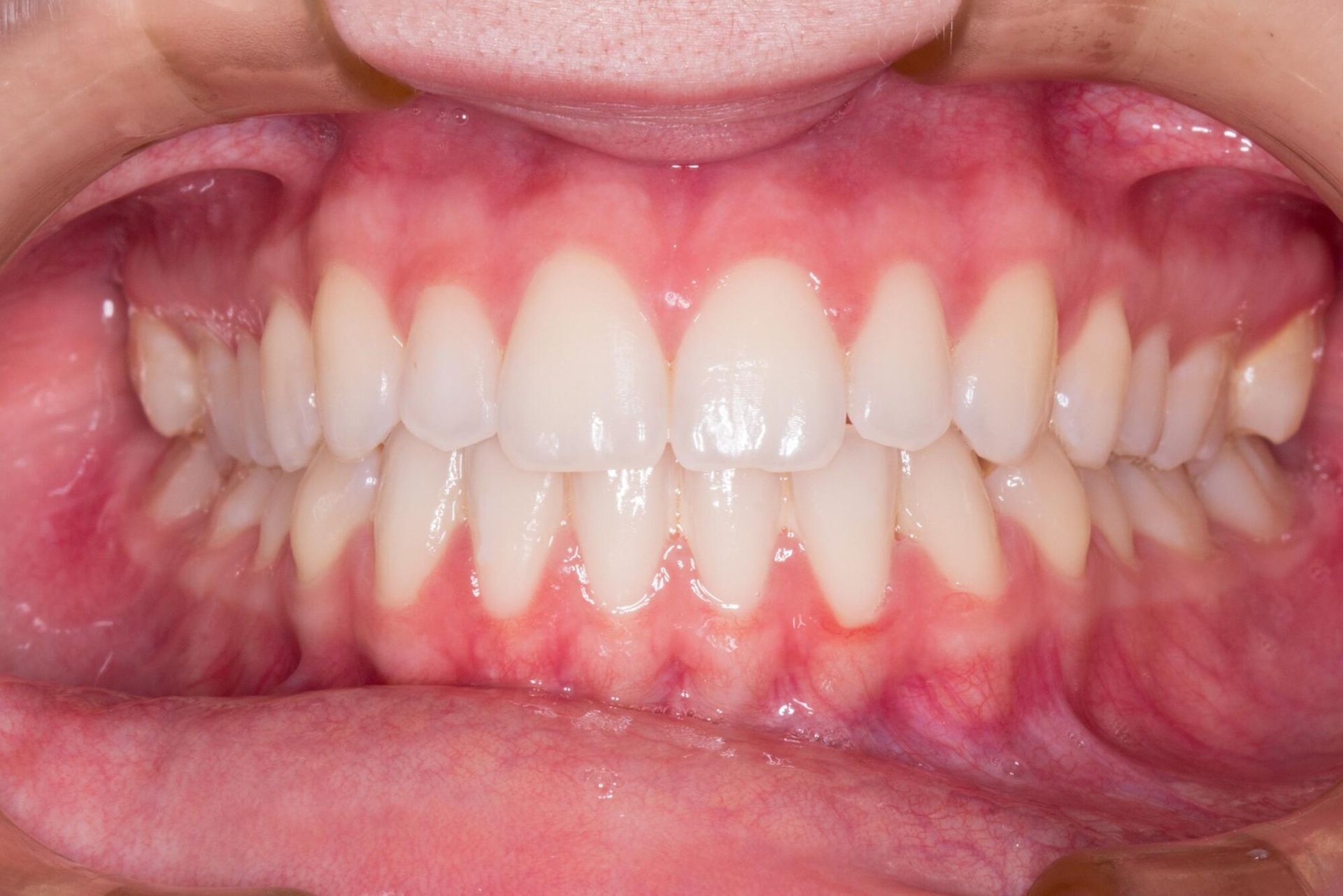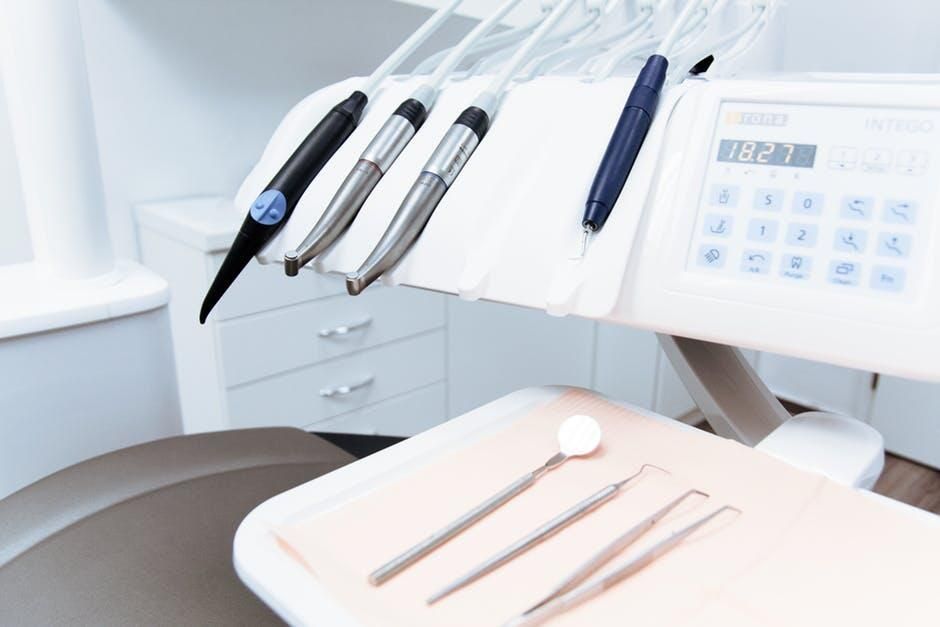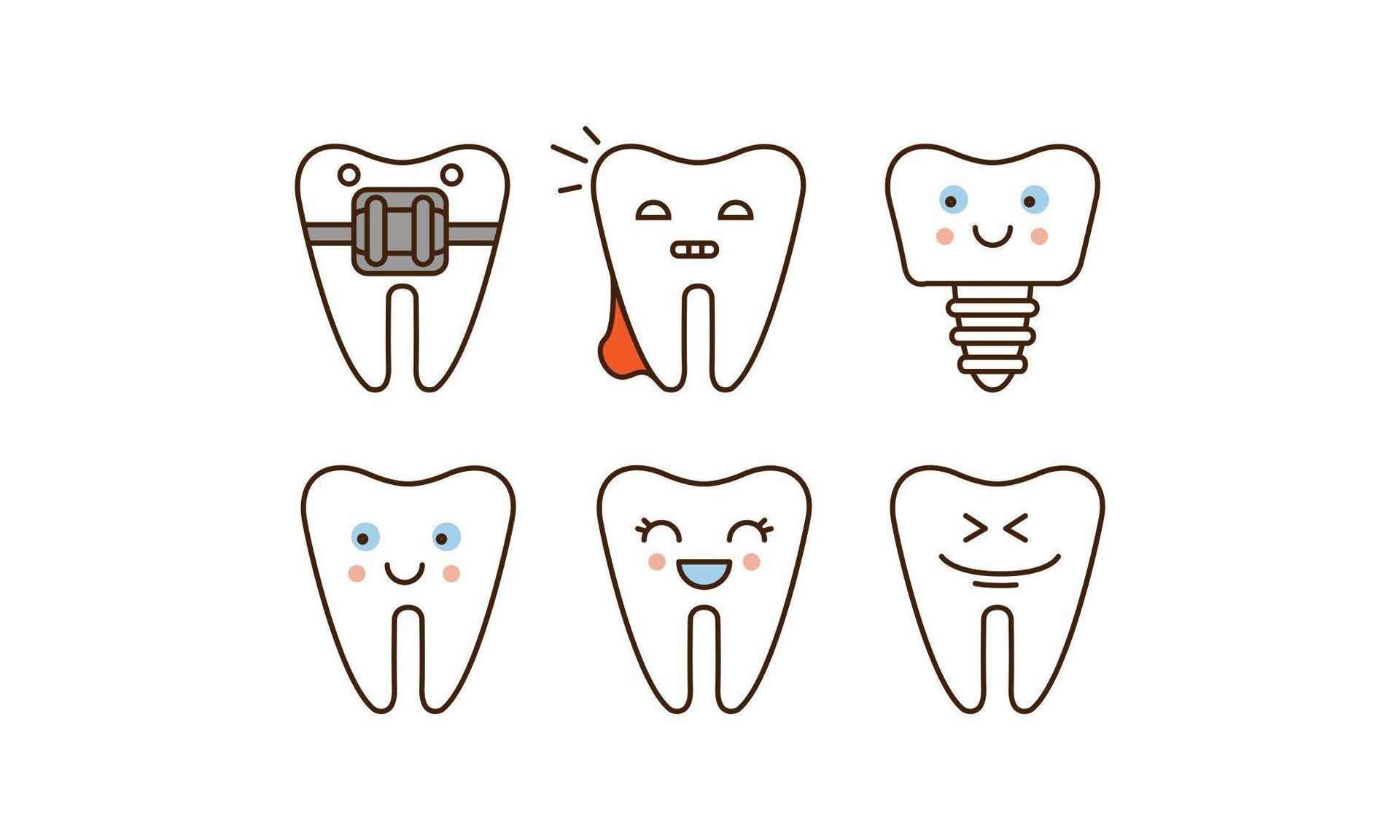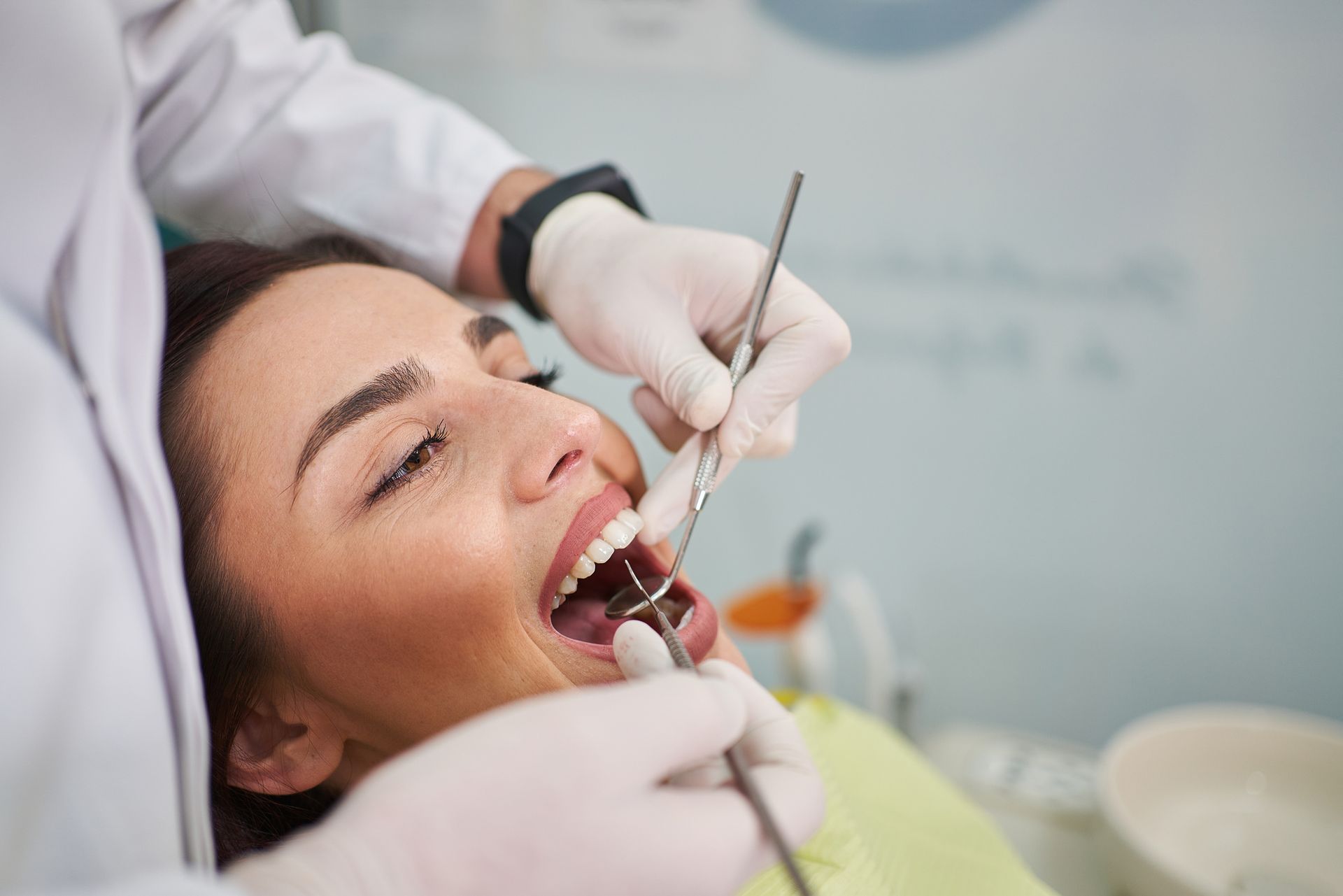Nearly half of adults over 30 in the United States are battling with periodontal disease. That's a staggering 42.2% dealing with varying degrees of gum issues that could lead to serious health complications if ignored.
For many, this pervasive problem remains hidden, masked by routine discomfort or overlooked as a minor nuisance. Yet, the reality is that unhealthy gums can be the first sign of deeper health battles, including heart disease and diabetes.
This article unravels the complexities behind periodontal disease by highlighting crucial prevention tips and the latest treatments. Your journey to a healthier life could begin with understanding and acting on the health of your gums. Read on to discover how you can turn the tide against this silent epidemic.
What is Periodontal Disease?
Periodontal disease, often called gum disease, is a common infection that damages the soft tissue and bone supporting the teeth. It begins with gingivitis, the mildest form, characterized by red, swollen gums that may bleed easily.
If left untreated, gingivitis can advance to periodontitis, a more severe stage where the gums pull away from the teeth to create pockets that can become infected. The body's immune response to this infection can deteriorate the bone and connective tissue, eventually leading to tooth loss.
This disease is not rare. Globally, periodontal disease affects about 20-50% of the population. The severity increases with age which makes it a critical issue for dental health as people grow older.
Recognizing gum disease symptoms early can significantly impact its progression. Common symptoms include:
- Persistent bad breath
- Loose teeth
- Changes in bite
- Gums that bleed easily during brushing or flossing
Causes of Periodontal Disease
The primary cause of periodontal disease is plaque, a sticky film of bacteria that forms on the teeth. When not removed by regular brushing and flossing, plaque hardens into tartar, which can only be removed by a dental professional. This buildup of plaque and tartar leads to inflammation and infection of the gums.
Several risk factors can increase the likelihood of developing periodontal disease. Poor oral hygiene is the most significant risk factor, as inadequate brushing and flossing allow plaque to accumulate.
Smoking is another major risk factor. It not only impairs gum health but also reduces blood flow to the gums, making them more susceptible to infection. Genetics can also play a role, as some people are more naturally prone to gum disease.
Certain medical conditions, such as diabetes, can increase the risk due to their impact on the body's ability to fight infections. Hormonal changes in women, such as those occurring during pregnancy, can make gums more sensitive and vulnerable to gum disease.
Health Implications of Periodontal Disease
Periodontal disease has significant implications for both oral and overall health. In the mouth, the most direct consequence is tooth loss. As the supporting structures of the teeth break down, teeth can become loose and eventually fall out.
This not only affects the ability to eat and speak properly but can also impact self-esteem and quality of life.
The effects of periodontal disease extend beyond the mouth. Research has shown a strong connection between gum disease and systemic health issues.
For example, individuals with periodontal disease are more likely to suffer from cardiovascular problems, such as heart disease and stroke. This connection is thought to be due to the inflammation caused by gum disease, which can contribute to the buildup of arterial plaque.
Additionally, people with diabetes are more prone to gum disease, and severe gum disease can make it harder to control blood sugar levels. There is also evidence suggesting that periodontal disease can increase the risk of respiratory infections, as bacteria from the mouth can be inhaled into the lungs, causing conditions such as pneumonia.
Prevention Tips for Unhealthy Gums
Maintaining healthy gums is essential for overall health, and there are several effective strategies for preventing gum disease. Good oral hygiene practices are the foundation of gum health.
This includes brushing your teeth at least twice a day with fluoride toothpaste and flossing daily to remove plaque from between the teeth and under the gumline. Using an antiseptic mouthwash can also help reduce bacteria in the mouth.
Lifestyle changes can also play a significant role in preventing gum disease. Quitting smoking is one of the most impactful steps you can take, as smoking is a major risk factor for gum disease. Eating a balanced diet rich in vitamins and minerals supports gum health and overall well-being.
Managing stress is important, too, as high-stress levels can weaken the immune system. It can make it harder for the body to fight off infections, including those affecting the gums.
Treatment Options for Periodontal Disease
When periodontal disease is detected, there are several treatment options available, depending on the severity of the condition. Non-surgical treatments are often the first line of defense.
These include scaling and root planing, a deep-cleaning procedure that removes plaque and tartar from below the gumline and smooths the tooth root to promote healing.
Antibiotics may be prescribed to help control bacterial infection. Laser therapy is another minimally invasive option that targets and removes infected tissue while promoting regeneration.
For more advanced cases, surgical treatments may be necessary. Flap surgery involves lifting the gums to remove tartar deposits and then suturing the gums back into place. Bone grafts can help regenerate bone lost to periodontal disease, while soft tissue grafts can replace damaged or receding gum tissue.
These procedures aim to restore the health and function of the gums and supporting structures to prevent further damage and tooth loss.
Step Towards Better Health with Marconi Dental Aesthetics
After exploring the critical link between unhealthy gums and systemic health issues, the importance of maintaining gum health cannot be overstated. From understanding gum disease symptoms to implementing periodontal disease treatment and practical dental health tips, this guide has equipped you with the knowledge to prevent and combat periodontal disease effectively.
At Marconi Dental Aesthetics, we are not only experts in treating gum conditions but also in preventing them. Why wait to improve your health? Book an appointment today and experience the benefits of cutting-edge technology and personalized care at Marconi Dental Aesthetics.
